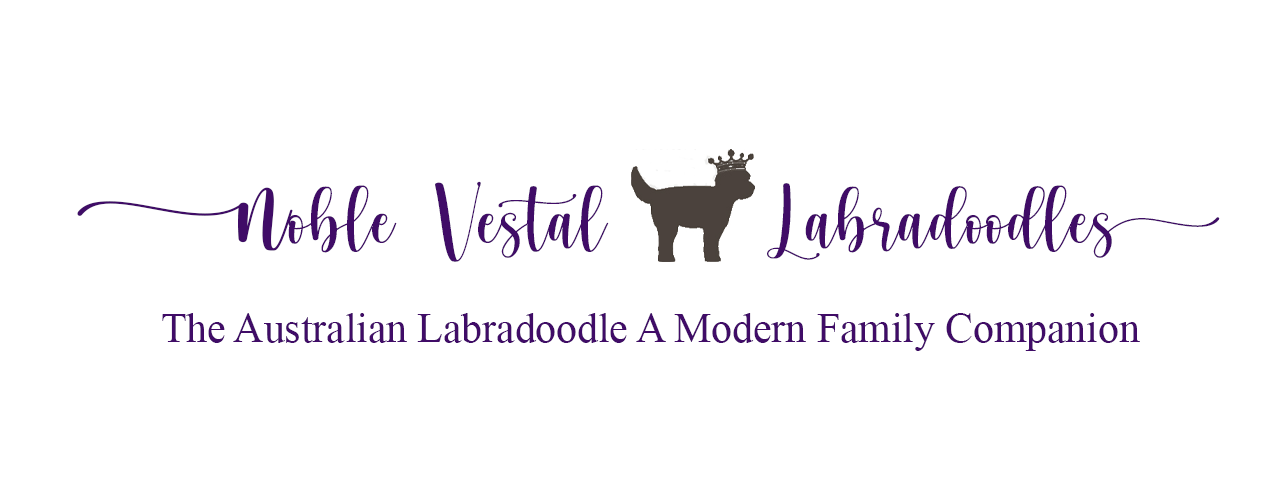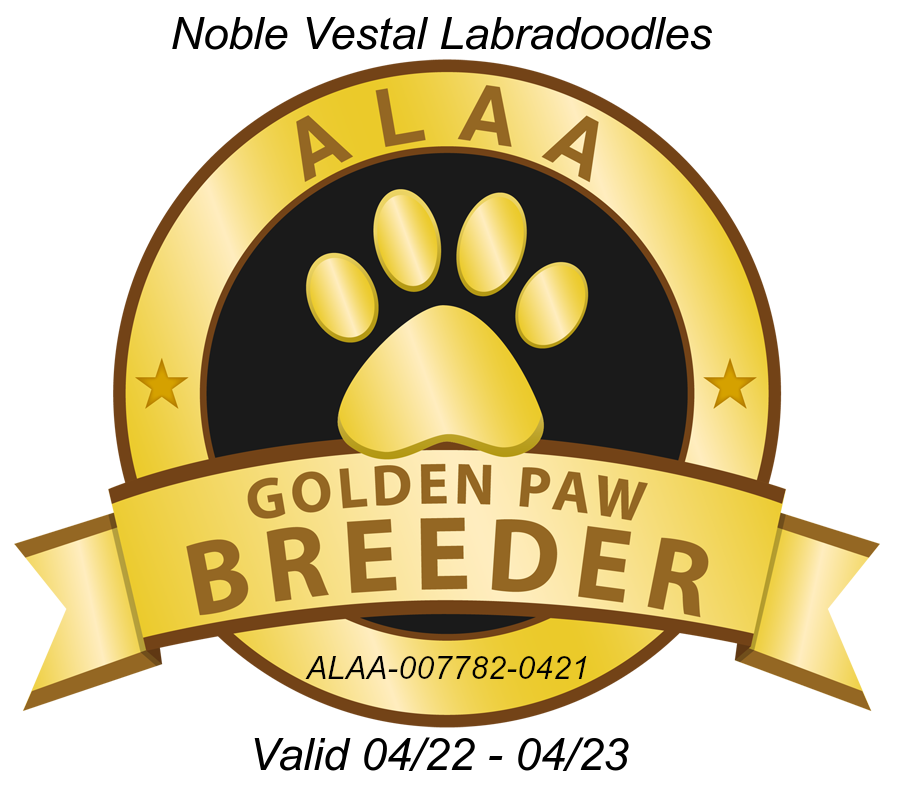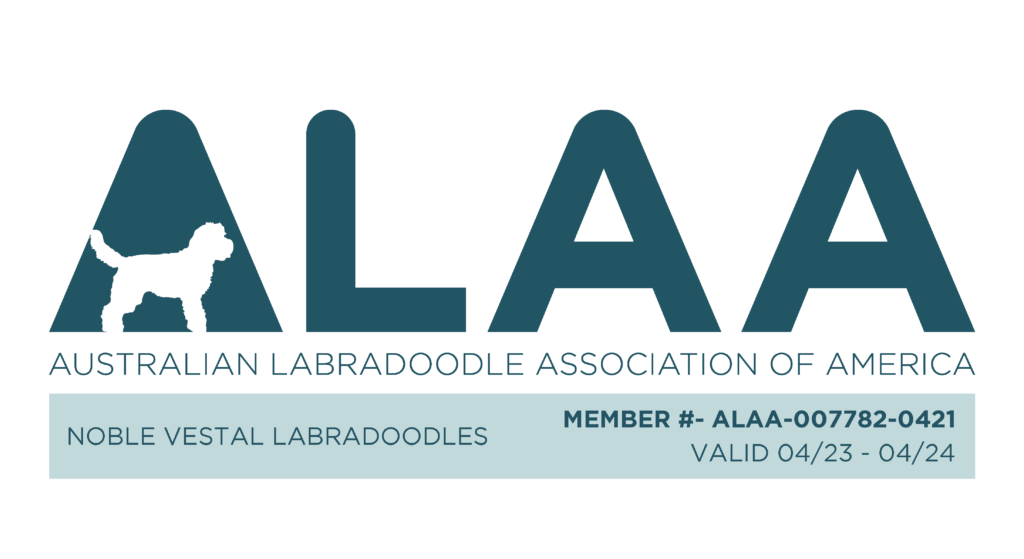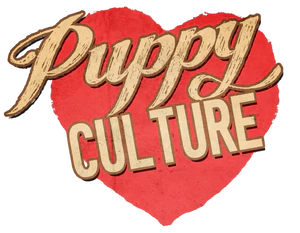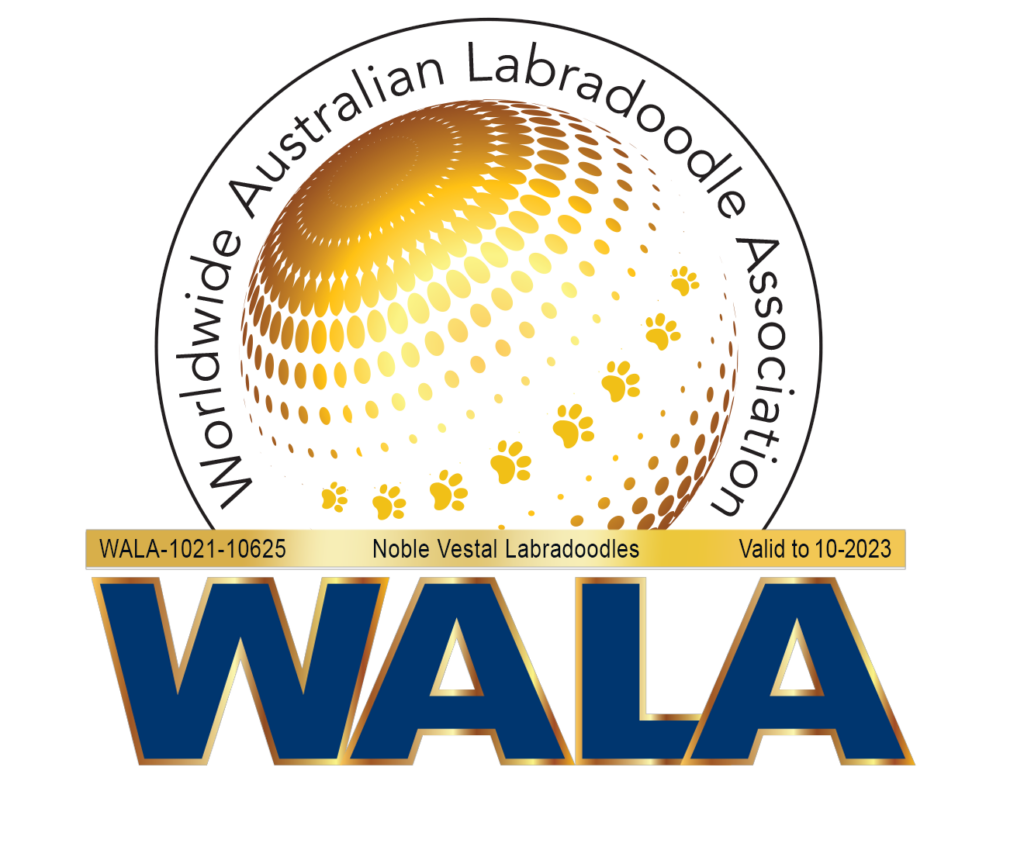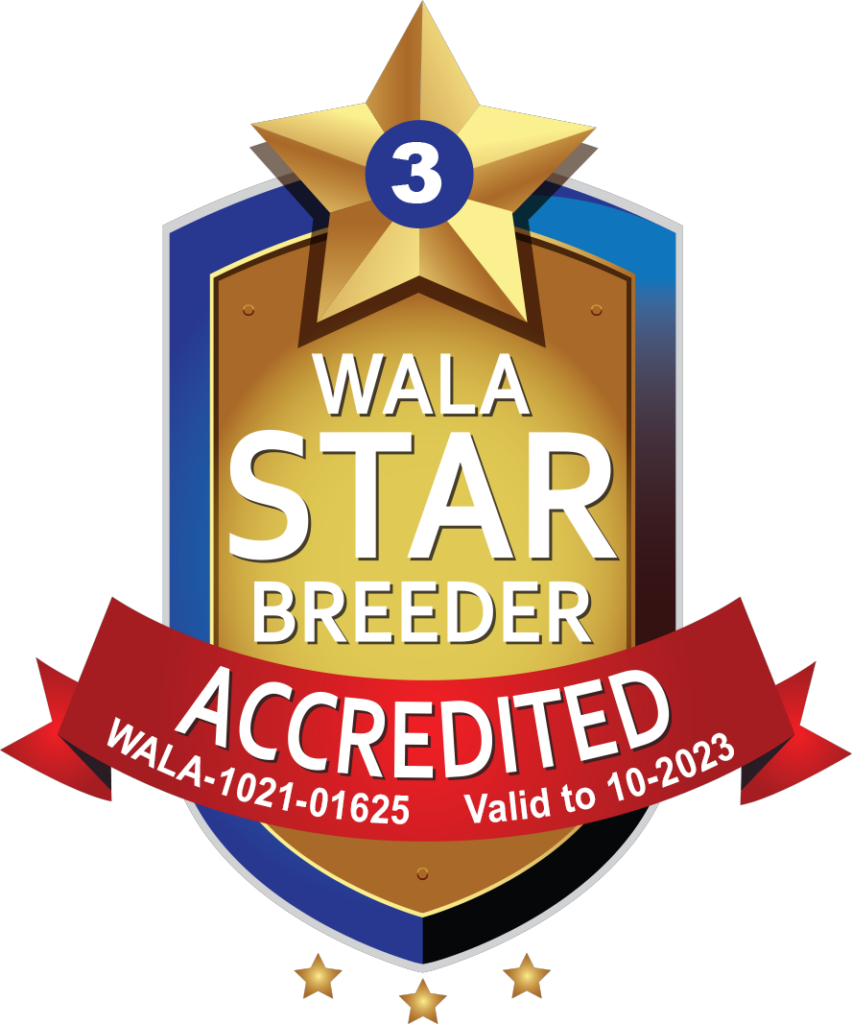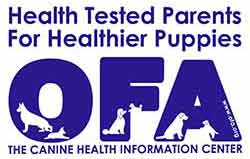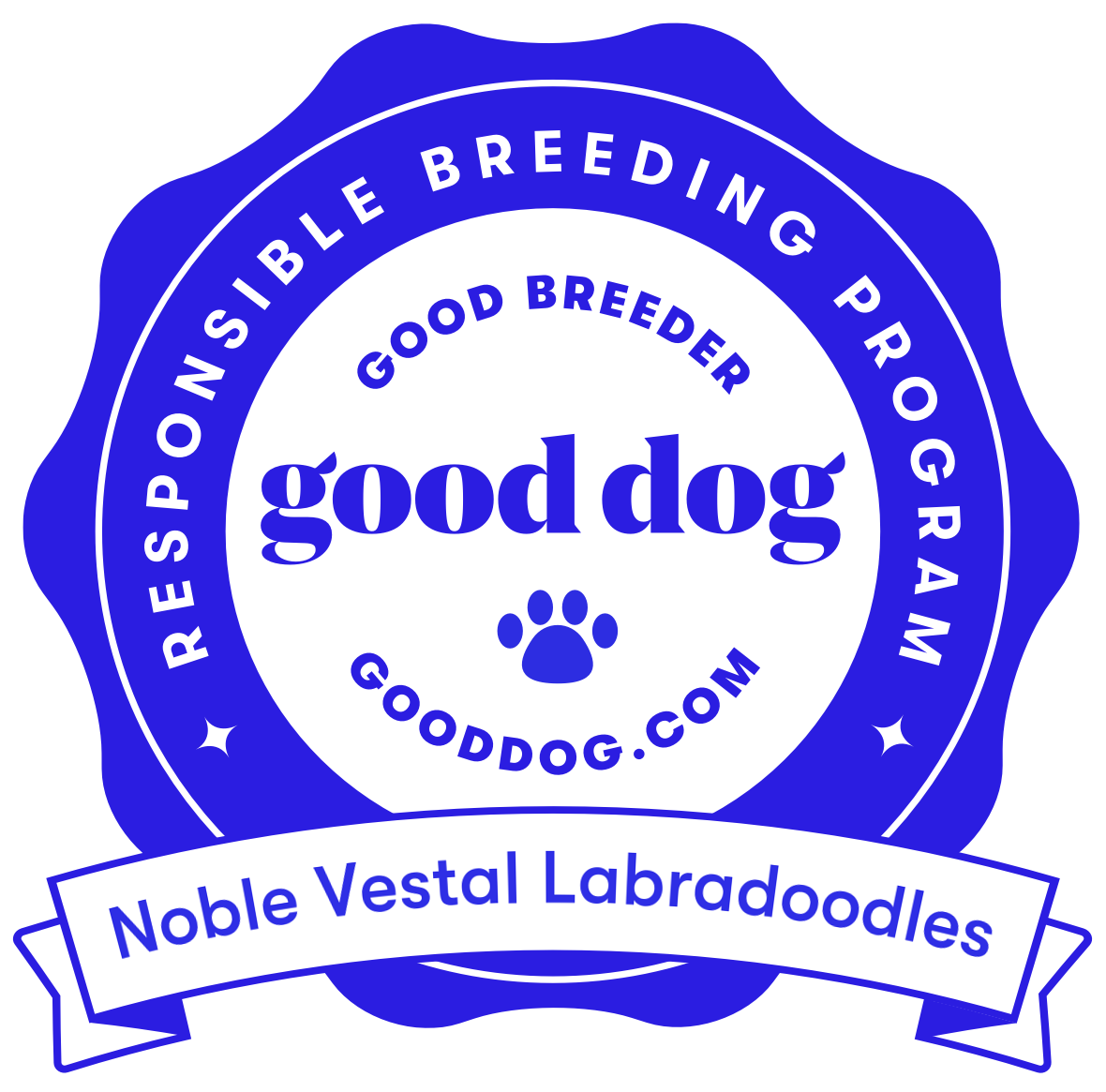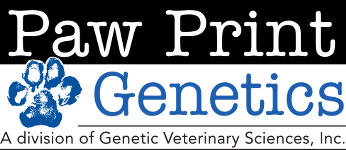Important Considerations Before Changing Your Puppy’s Food
Any time a puppy owner calls me and says “my puppy is having digestive issues” my question is “when did you change food?” not “did you change food?” We see this repeatedly, so I wanted to give you some preventative suggestions.
Puppies have sensitive digestive systems and changing food too early can cause digestive issues that can be challenging to correct.
We have spent years trying different brand dog foods with our puppies and have finally found a brand we have confidence in and that our dog do so well on. We have been using pawTree food for several years with outstanding results. We very strongly encourage you to keep your puppy on this brand unless you have a specific health reason to change. If that happens, please call us and we will help you find a solution.
We know our breed and our lines and want to help you provide your puppy with the best nutrition for him or her as possible. We also have food quality requirements for our health warranty, so please check with us before changing food so we can ensure you don’t inadvertently void your puppy’s health warranty.
Palatability can be an issue with our breed, so this is also an important factor in selecting a food—many of our puppies will stop eating if switched to other foods.
There’s a general tendency in families to switch foods with their puppies, often initiated by comments from their veterinarian.
Vets often recommend Purina or Hills or Royal Canin or Mars brands because they are familiar with them, since these companies actively market to veterinarians. These companies pay for expensive vet school facilities and send reps to visit vets with lunch and donuts regularly, similar to how drug reps visit human doctors. They build big facilities for many schools and give vet students equipment and other products. https://savma.vetmed.ucdavis.edu/pet-food-program/purina
But simply because a vet is more familiar with one brand over another does not make the familiar brand superior or better suited for your puppy.
It’s also easier for vets to suggest a puppy eat a food they are familiar with rather than learning about every food on the market. If they are familiar with a specific brand or two and recommend those, then they don’t have to evaluate any other brands.
There are sometimes reasons to change a puppy’s food.
But you should ask questions first.
First, chances are significantly higher that we have tried more brands with our breed and lines than your vet has. We are very aware of which foods our dogs do well on and what they don’t. We also know how often and how much to feed them.
There are times when it may be appropriate to change a puppy’s food, but it shouldn’t be an automatic decision without looking at the food, why we recommended it, and whether it’s in the puppy’s best interest.
Here are a few questions you may want to ask yourself or your vet before considering a food change.
1. Does the vet recommend this to everyone or is there a specific reason for your puppy to change food?
👉 Some vets just recommend the same food or brand to all puppies and don’t necessarily provide a personalized approach to nutrition.
2. Is there an issue with the puppy? We firmly believe in the “if it ain’t broke don’t fix it” approach to many things.
👉 If your puppy is doing great with their food, then there is no reason to change food. If anything, that’s a strong reason not to change food.
3. If there is a problem, is it really the food?
👉 Puppies have sensitive digestive systems and there are many non-food related things that can cause digestive upset. These include normal go-home transition stress, too many treats, poor quality treats, table scraps, too much activity/excitement, overfeeding, or parasites.
4. For some vets, quality may be a question. This is an important question and we are glad your veterinarian may be asking it.
👉 Since pawTree is a small, family-owned company and not a “Big 5” brand with a multi-billion-dollar veterinarian outreach program, it’s understandable that your veterinarian maynot be familiar with it. The good news is that PawTree food far exceeds the quality of just about any other food on the market for many reasons.
👉 The food we recommend is preservative free, has never had a recall, is manufactured under a quality program that includes a HACCP plan, made in the USA with most ingredients sourced in the US1 and was developed by PhD nutritionists and Veterinary nutrition specialists. Meat is the first ingredient, it is AAFCO, WSAVA, and FDA compliant, and has undergone extensive third-party testing.
👉 If concern for quality is an issue, please contact us, we are happy to discuss this further with you.
5. “Puppy food,” “large breed,” and “small breed” food. These are primarily marketing terms and have no major significance. Food needs to looked at for it’s quality and ingredients, not the marketing on the front of the bag.
Note on quality
The brands most recommended by veterinarians have what is in our opinion questionable quality concerns. Some examples include:
- Questionable ingredients for dogs, such as soy, corn, or wheat. In our breed, feeding these ingredients is likely to cause digestive problems. Most Purina, Royal Canin, Hill’s, and Mars foods contain at least one, if not more, of these ingredients.
- Recalls. All of the “big 5” manufacturers have had major dog food recalls, several of which have killed pets.
- Sourcing, third party testing, and transparency. None of the “big 5” manufacturers are transparent about their sourcing or will share results of third-party testing. pawTree is more transparent about their sourcing and third party testing by far than any other dog food company we have encountered in the last 30 years.
[1] *PawTree sourcing statement: “The majority of our ingredients (proteins, vitamins, minerals, etc.) are sourced in the U.S. However, occasionally we will source some vitamins or minerals outside the U.S. for specific reasons as appropriate. For example, we source our vitamin A in several European countries (France, Germany and Switzerland) because a high concentration of Vitamin A is found in fish, and these countries are known for their plentiful fish population. Another example is our Riboflavin (Vitamin B2), which is sourced out of Germany as some of the best sources of Riboflavin is brewer’s yeast, whole grains and wheat germ. All of these ingredients are also used to produce beer and are readily available in Germany. In addition, we often source our duck from France, as it is in plentiful supply there. All of our nutrition products are proudly made in the U.S.A. and meet all of the AAFCO standards to make that important claim.”
